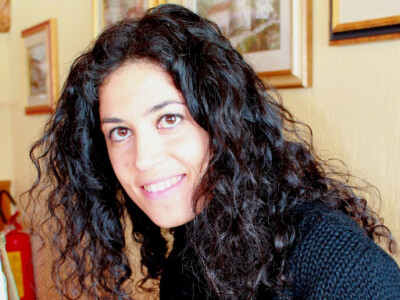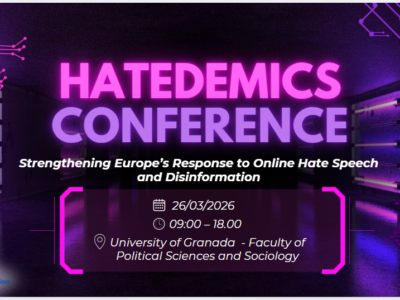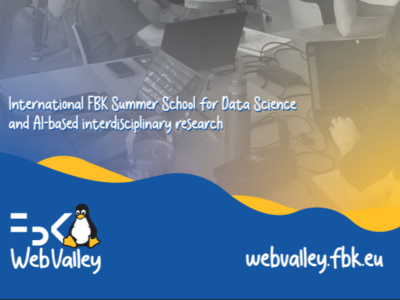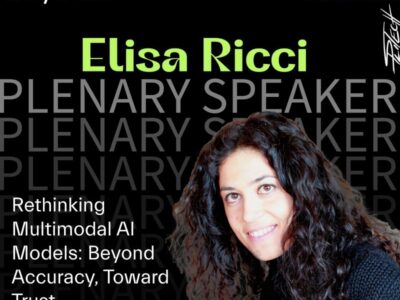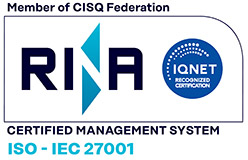-
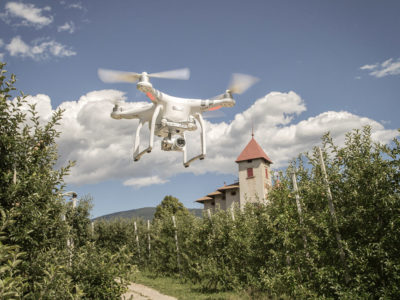 Digital AgricultureDigital technologies for agriculture represent an application domain of primary interest for Italy and for research at FBK.More info
Digital AgricultureDigital technologies for agriculture represent an application domain of primary interest for Italy and for research at FBK.More info -
 Digital HealthFBK's goal is to have the maximum impact on the scientific community and on the health of citizens.More info
Digital HealthFBK's goal is to have the maximum impact on the scientific community and on the health of citizens.More info -
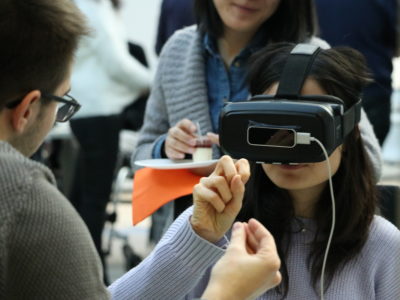 Industry of the FutureThe realization of the Industry of the Future for FBK will be achieved thanks to the full application of Artificial Intelligence.More info
Industry of the FutureThe realization of the Industry of the Future for FBK will be achieved thanks to the full application of Artificial Intelligence.More info -
 Climate ChangeClimate change in Italy and Europe is leading to a progressive increase in extreme weather events, with repercussions on all social and economic activities.More info
Climate ChangeClimate change in Italy and Europe is leading to a progressive increase in extreme weather events, with repercussions on all social and economic activities.More info

Upcoming events
-
Talk about the transformation of the historian's craft in the age of generative artificial intelligence.
-
Paolo Traverso and Monica Consolandi from FBK participate in ICEEL 2026, conceived as an interdisciplinary and dialogical space. Scientists, clinicians, ethicists, theologians, philosophers, communicators, artists, and members of the interested public are invited to engage one another across disciplinary boundaries.
-
Elisa Ricci, ELLIS Fellow, FBK and UniTN will be among the speakers at FoMo 2026!
-
Save the Date! Hatedemics, final event.
-
Applications for the General Track of the ‘International FBK Summer School for Data Science and AI-based Interdisciplinary Research’, scheduled to take place in Trento from 21 June to 4 July 2026, are open until 29 March.
-
Elio Salvadori will attend the 11th Games for Health Europe Conference “Beyond the Hype,” presenting the GAMEON Erasmus+ project, which explores how modifying popular entertainment games and linking them with real-life gamified missions can enhance engagement, skill transfer, and accessibility of support for autistic individuals.
-
Elisa Ricci will be a Plenary Speaker at SpliTech 2026, where she will give a talk entitled ‘Rethinking Multimodal AI Models: Beyond Accuracy, Towards Trust’, dedicated to the new challenges of multimodal AI and the need for increasingly reliable, transparent and responsible models.
-
Co-located with the 11th IEEE European Symposium on Security and Privacy (EuroS&P 2026), the workshop aims at exploring security and risk assessment in identity management systems
-
At the IEEE EAIS 2026 conference, FBK researchers Massimo Vecchio, Miguel Rodrigo Pincheira Caro, and Mattia Antonini are co-organizers of the Special Session “Evolving Edge Intelligence for Adaptive and Autonomous Smart Agriculture.”


